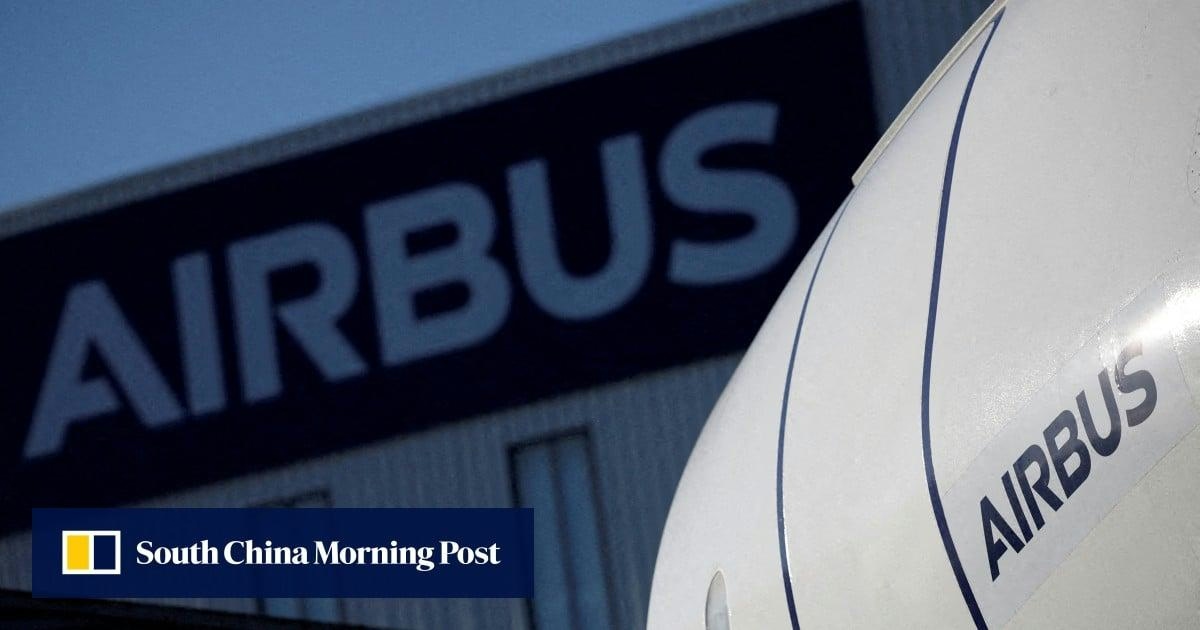
Smarter email, faster business.
Trending
Airlines Consider Legal Action Amid Delays in Jet Deliveries

Airlines Consider Legal Action Amid Delays in Jet Deliveries
Industry Frustration Grows Over Supply Chain Challenges
The global airline industry is increasingly considering legal action in response to persistent delays in aircraft deliveries, which have severely constrained capacity and disrupted growth plans. The International Air Transport Association (IATA) has highlighted the severity of the issue, with Director General Willie Walsh acknowledging the mounting frustration among carriers. Speaking at a media briefing in New Delhi, Walsh emphasized that while legal avenues remain under evaluation, the industry’s primary preference is to collaborate with manufacturers and suppliers to resolve the ongoing supply chain disruptions.
“We continue to evaluate whether there is any reason for us to look at potential legal opportunities, so we haven't done anything, but we continue to evaluate that as a potential option,” Walsh stated. He stressed the importance of working together with original equipment manufacturers (OEMs) to bring clarity to the problem and develop effective solutions.
Backlog and Financial Impact on Airlines
The manufacturing sector is struggling to meet demand, with a backlog of approximately 17,000 jets, translating into an average wait time of 14 years between order and delivery. This significant shortfall is adversely affecting airline revenues, as unmet travel demand and aircraft scarcity drive up maintenance and leasing costs. Walsh described the situation as unacceptable, noting that manufacturers’ projections suggest the crisis may not be resolved until the end of the decade. “Real solutions must come from manufacturers … the solution cannot come fast enough,” he asserted during IATA’s 81st annual meeting.
Airlines are also resisting attempts by manufacturers to increase prices amid the crisis. Airbus, one of the world’s largest aircraft producers, reported a 4% decline in deliveries in May, further exacerbating supply chain challenges.
Impact on Fleet Age and Sustainability Goals
Supply chain bottlenecks have limited airline growth, increased the average fleet age to 15 years—up from 13 years in 2015—and reduced the fleet replacement rate to half of the 6% recorded in 2020. The number of aircraft younger than 10 years in storage has risen to over 1,100, representing 3.8% of the total fleet. This increase is largely due to engine problems and a shortage of spare parts, which have led to record-high groundings.
The Association of Asia Pacific Airlines (AAPA) has called for urgent intervention from governments and suppliers to address these challenges, warning that the ongoing supply chain issues threaten the sector’s sustainability objectives.
Outlook and Industry Response
Despite these setbacks, business jet deliveries are expected to improve by 8% this year, according to JetNet IQ, providing a rare positive indicator in an otherwise constrained market. Looking ahead, 1,692 aircraft deliveries are projected for 2025—the highest since 2018—but this figure remains nearly 26% below estimates from a year ago. IATA cautions that further downward revisions are likely, as supply chain difficulties are expected to persist through 2025 and potentially until the decade’s end.
Emirates President Tim Clark dismissed the pandemic as an ongoing excuse for the delays, stating, “Covid was five years ago … you can only beat that drum for so long. You are the supply chain, so what are you doing about it?”
As global air travel is forecast to reach a record 4.99 billion passengers in 2025, the urgency for timely aircraft deliveries and effective solutions to the supply chain crisis intensifies, underscoring the critical challenges facing the airline industry.
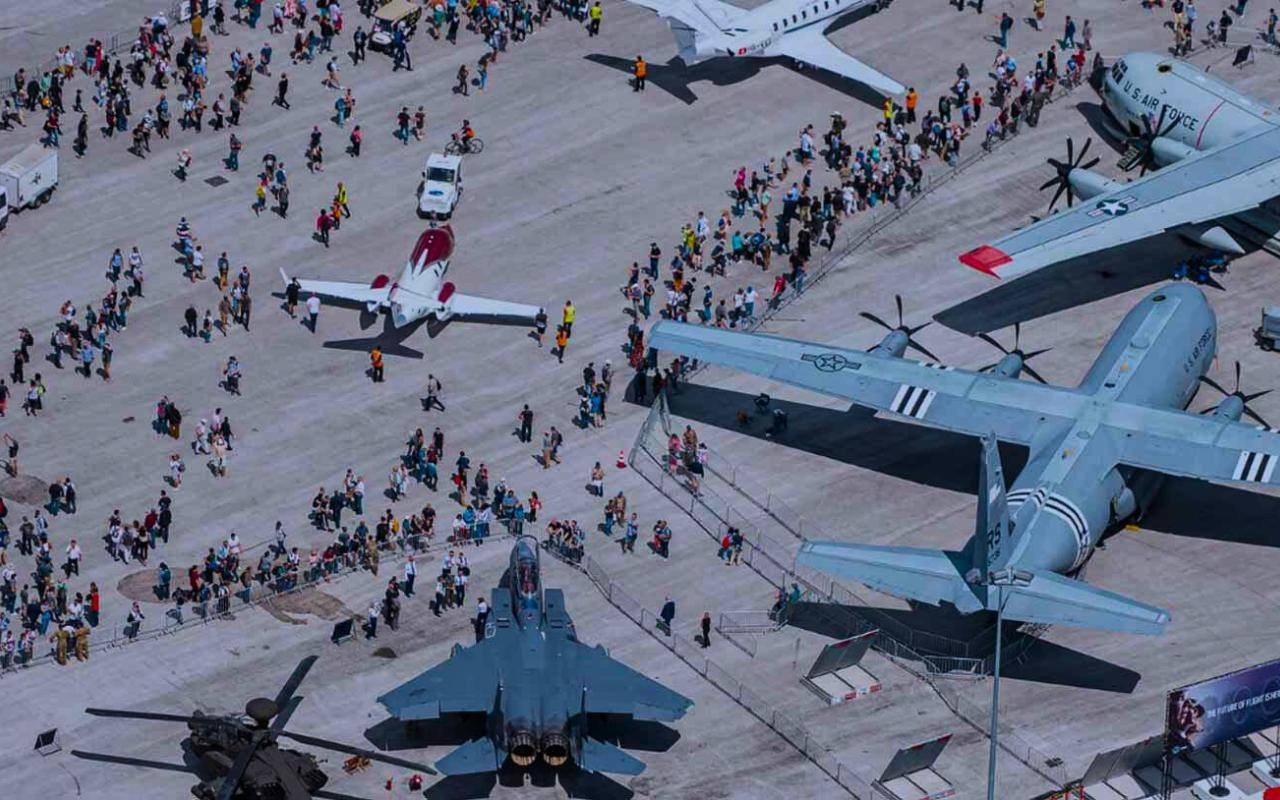
Dubai Airshow 2025 Reveals Main Agenda and Activities
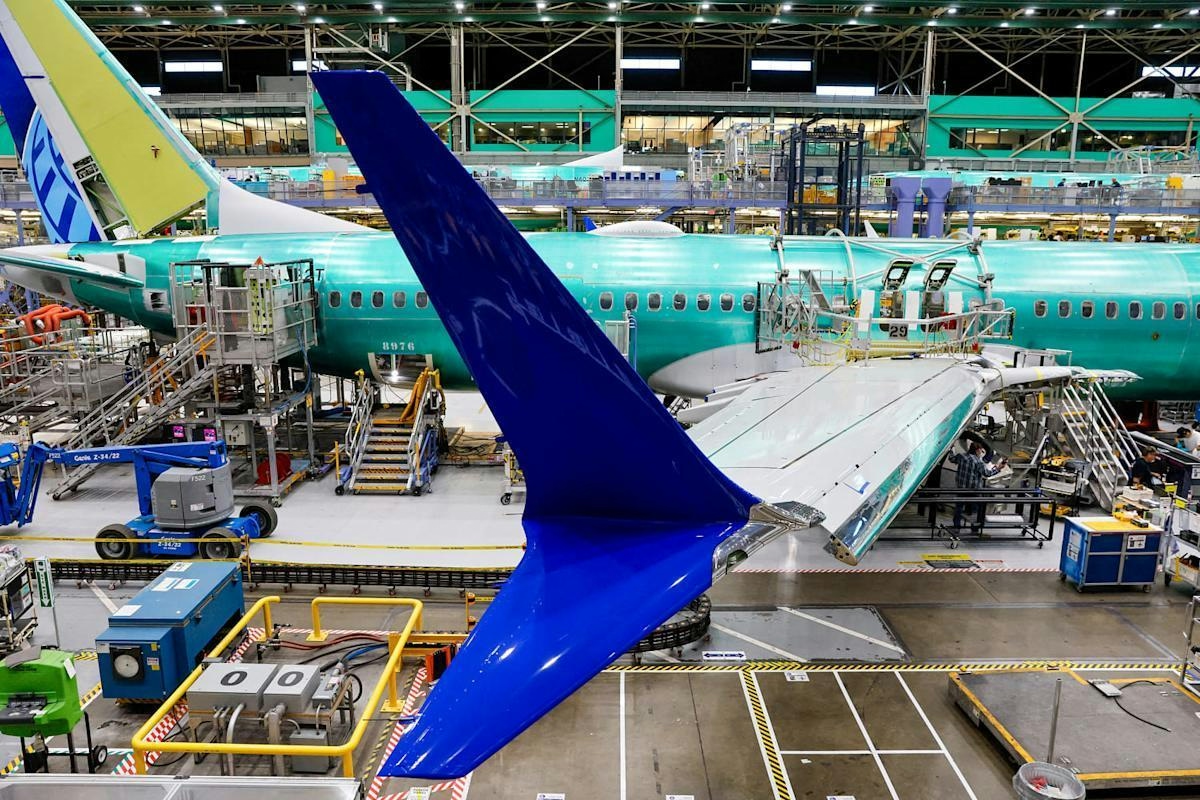
Willis Lease Finance: A Strategic Play in Aviation Leasing Amid Near-Term Volatility
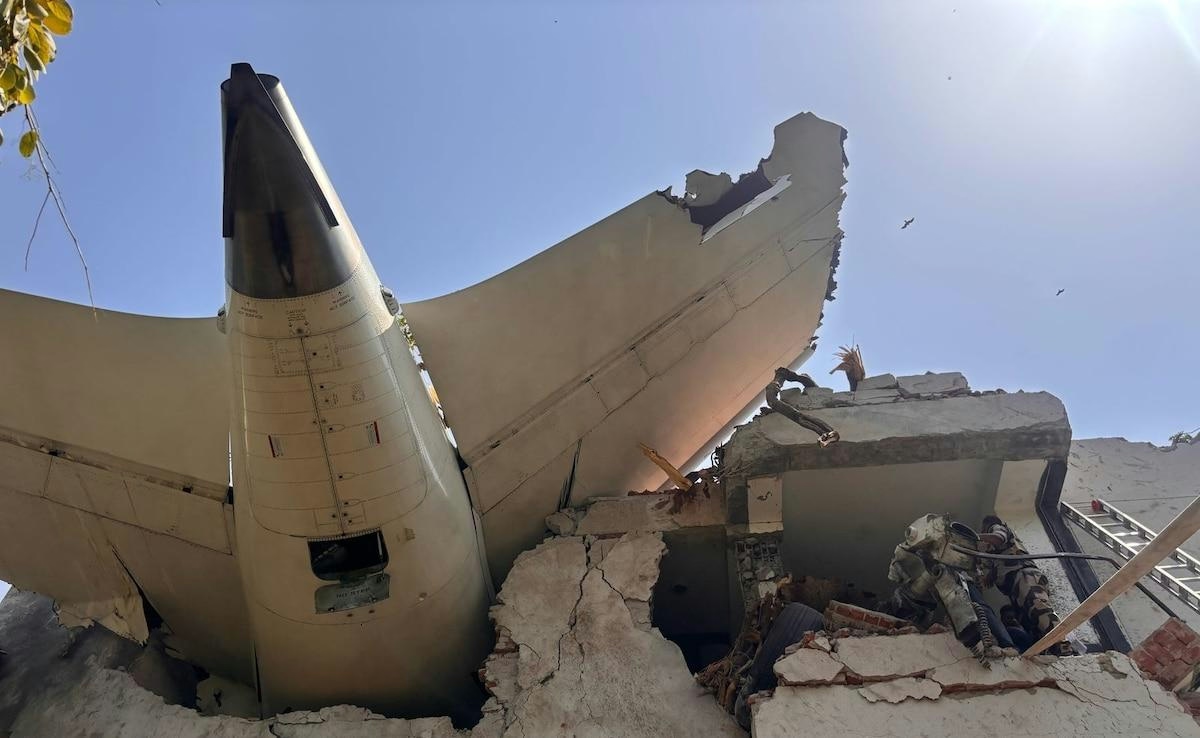
AI-Generated Content Spreads Misinformation After Air India Crash
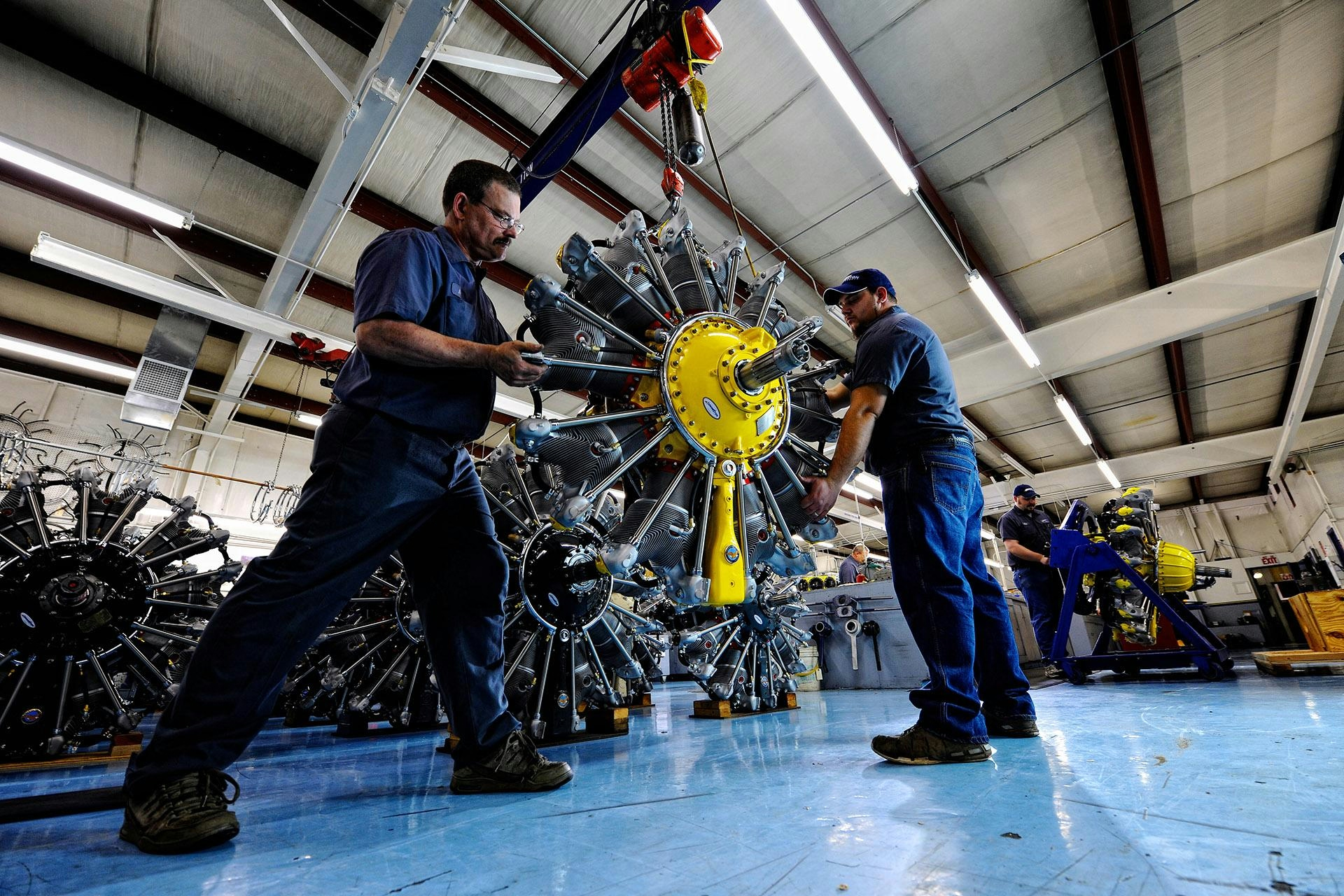
Covington Aircraft Engines to End Radial Engine Production in 2025
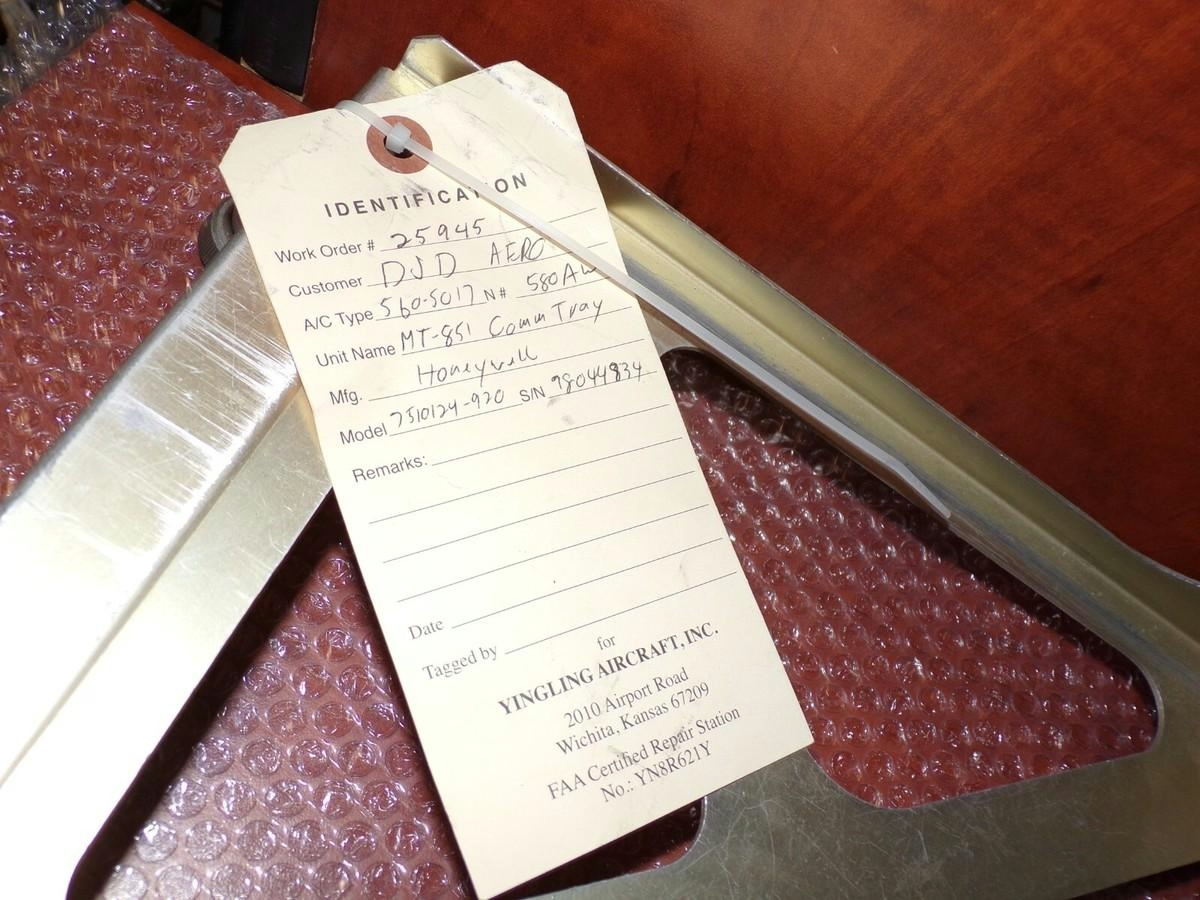
Yingling Aviation Named Authorized Honeywell Dealer

Does Joby Aviation's Milestone in Dubai Point Toward Further Growth?
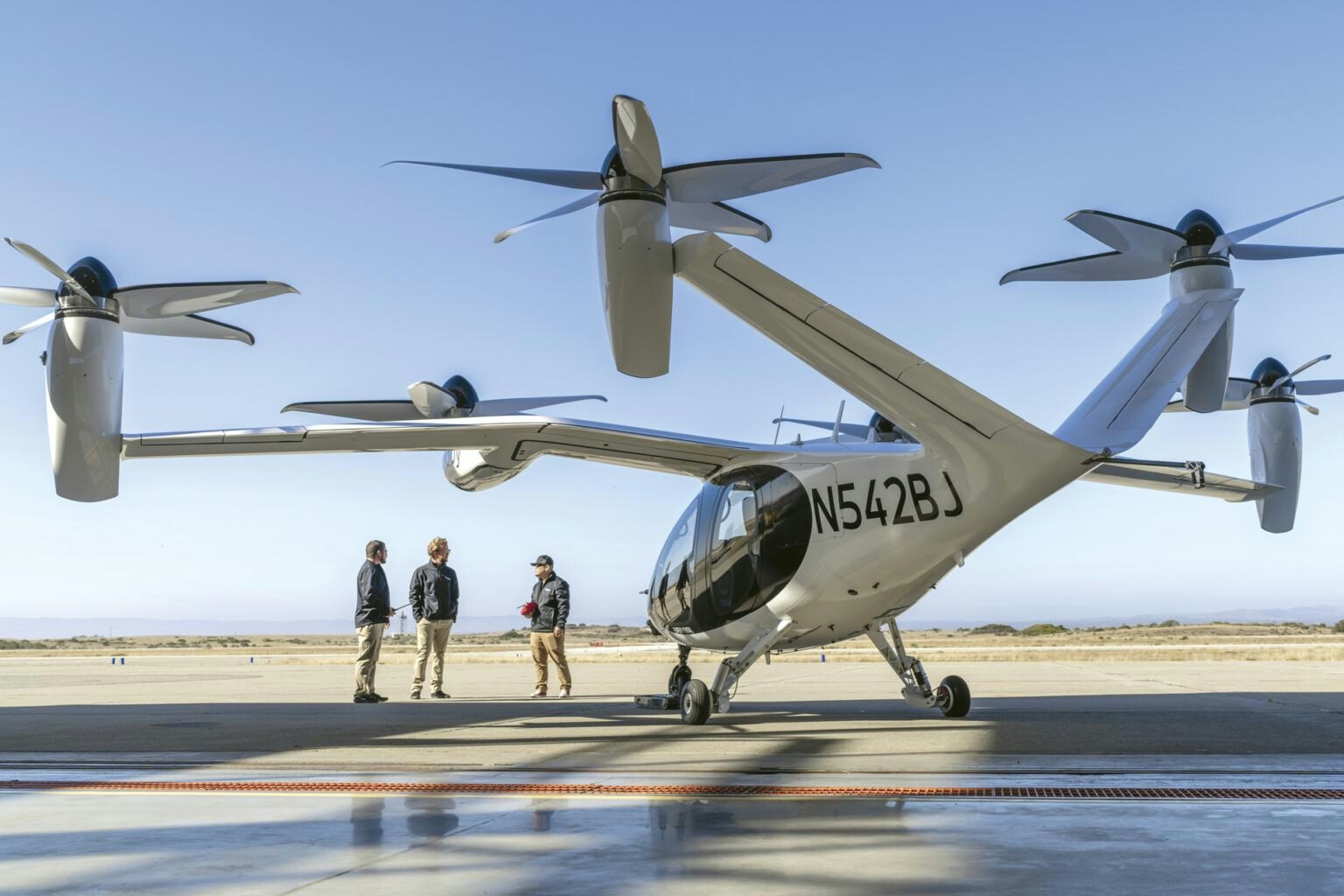
New Invention Promises to Eliminate Airplane Emissions in Country
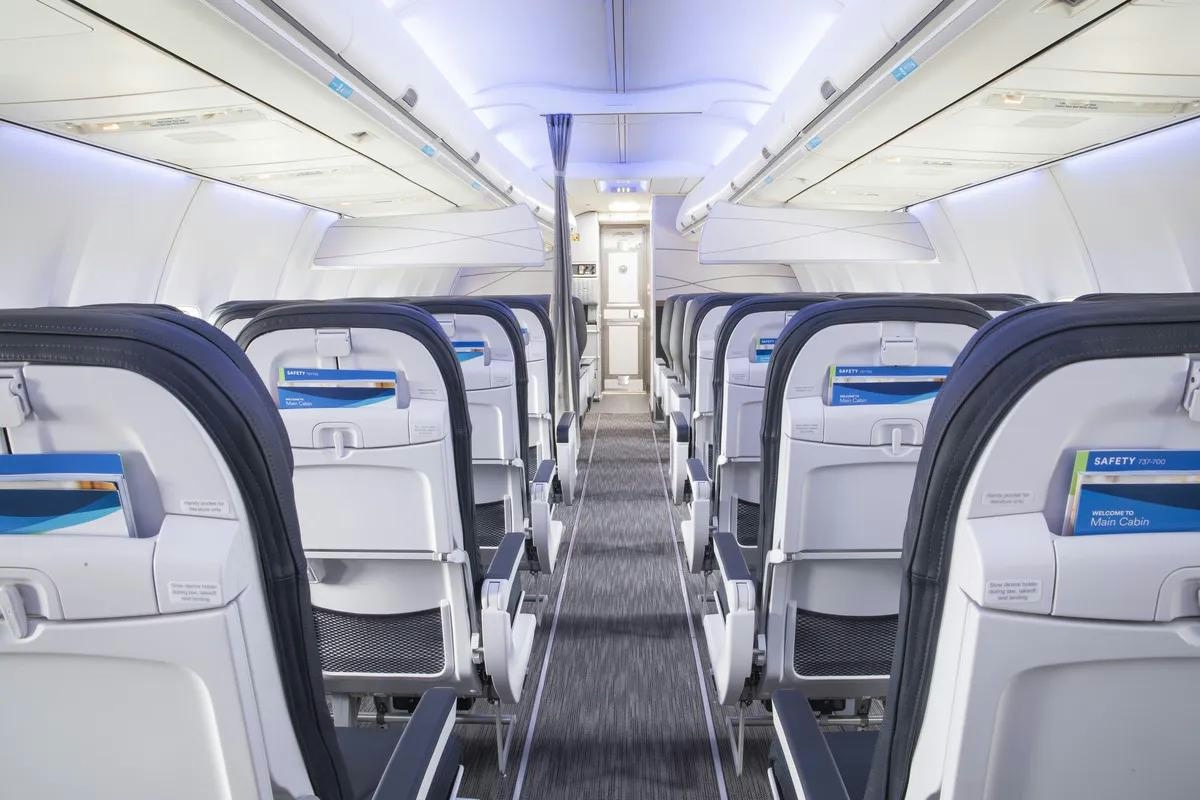
Key Questions on Chinese Travel, AI, and Airlines Answered by Skift
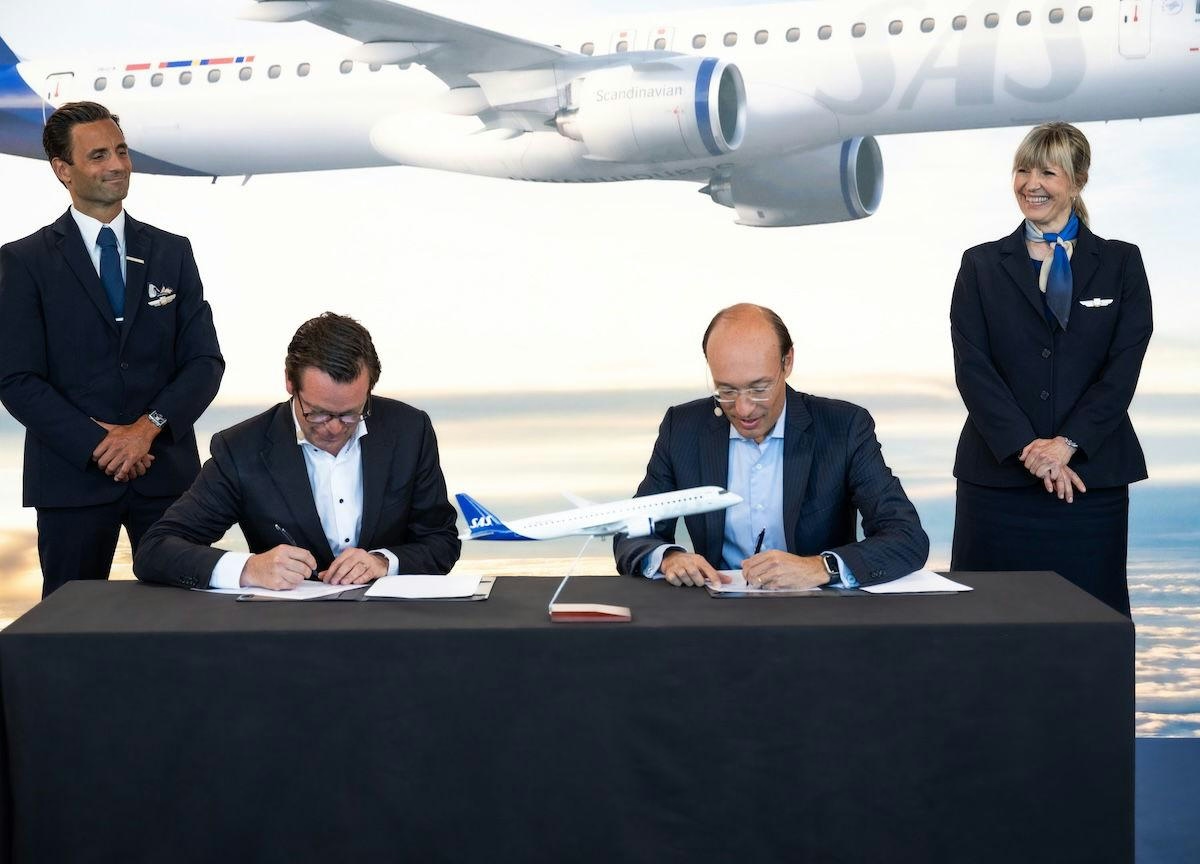
SAS Orders Up to 55 Embraer E195-E2 Jets
